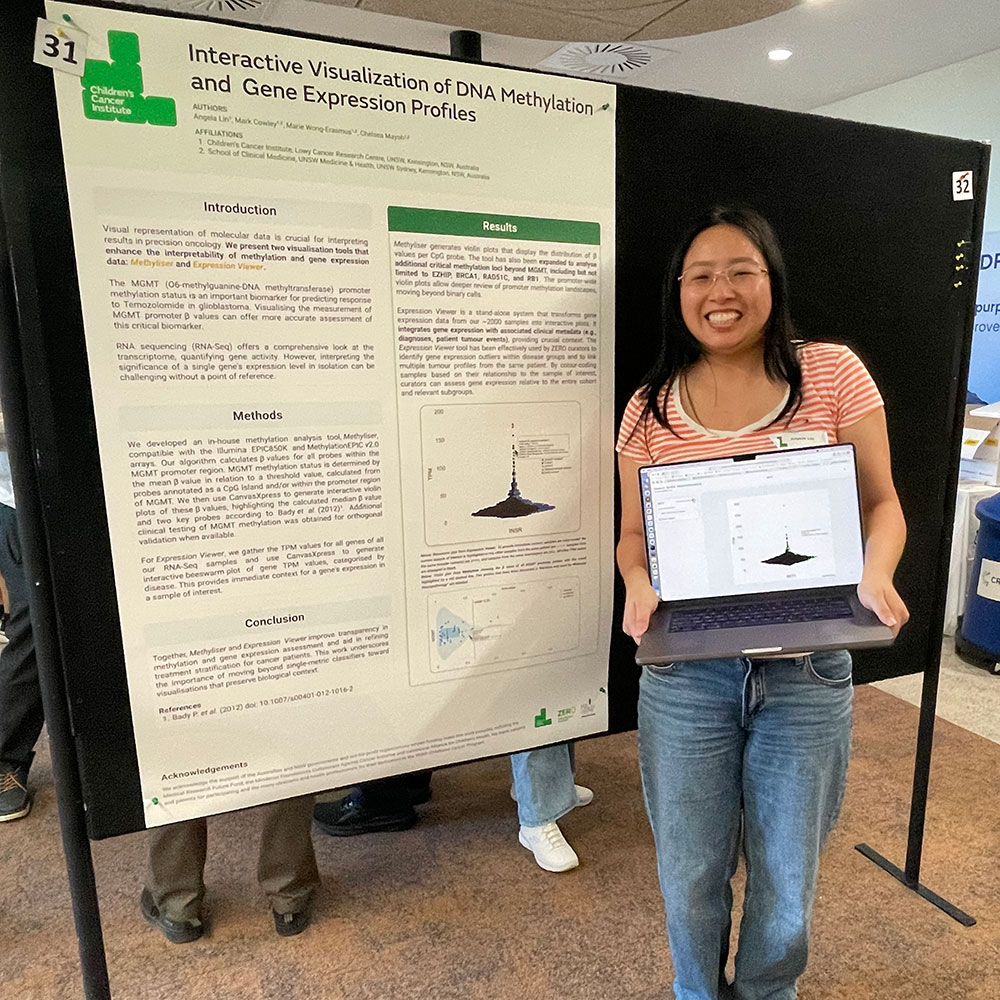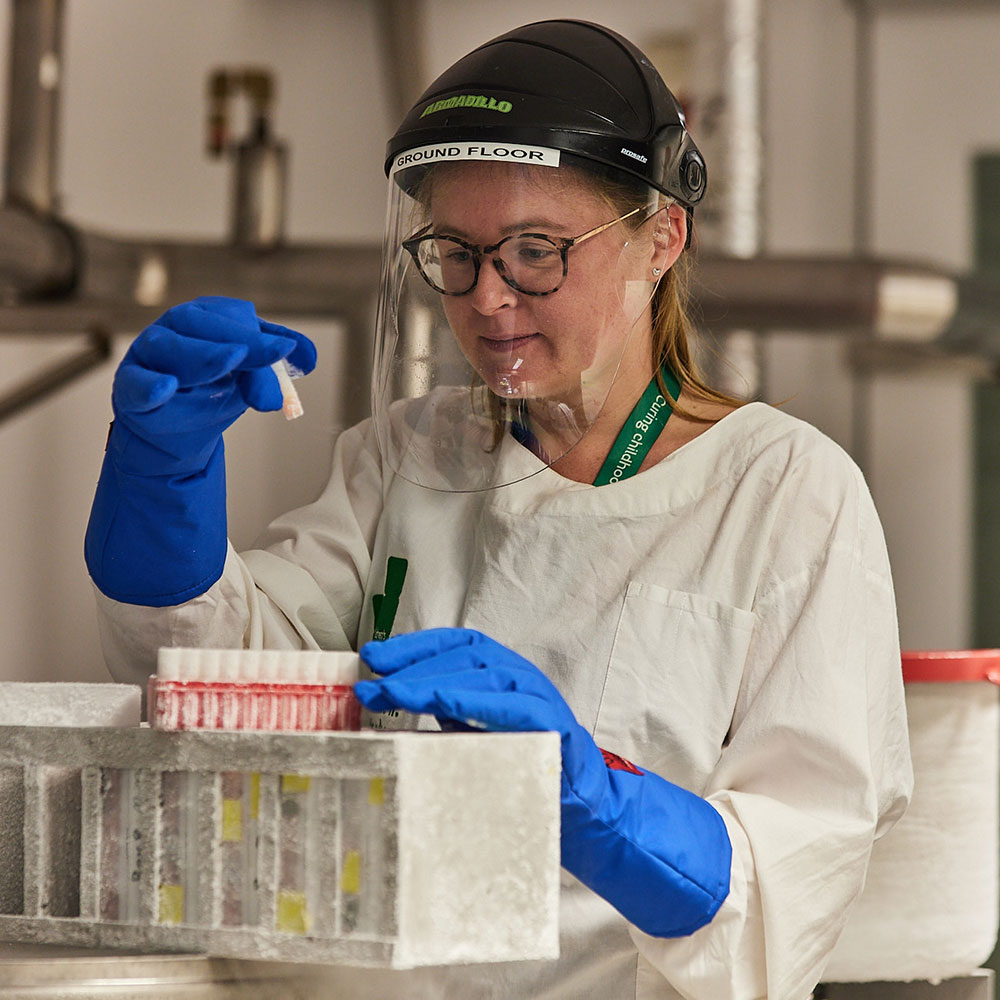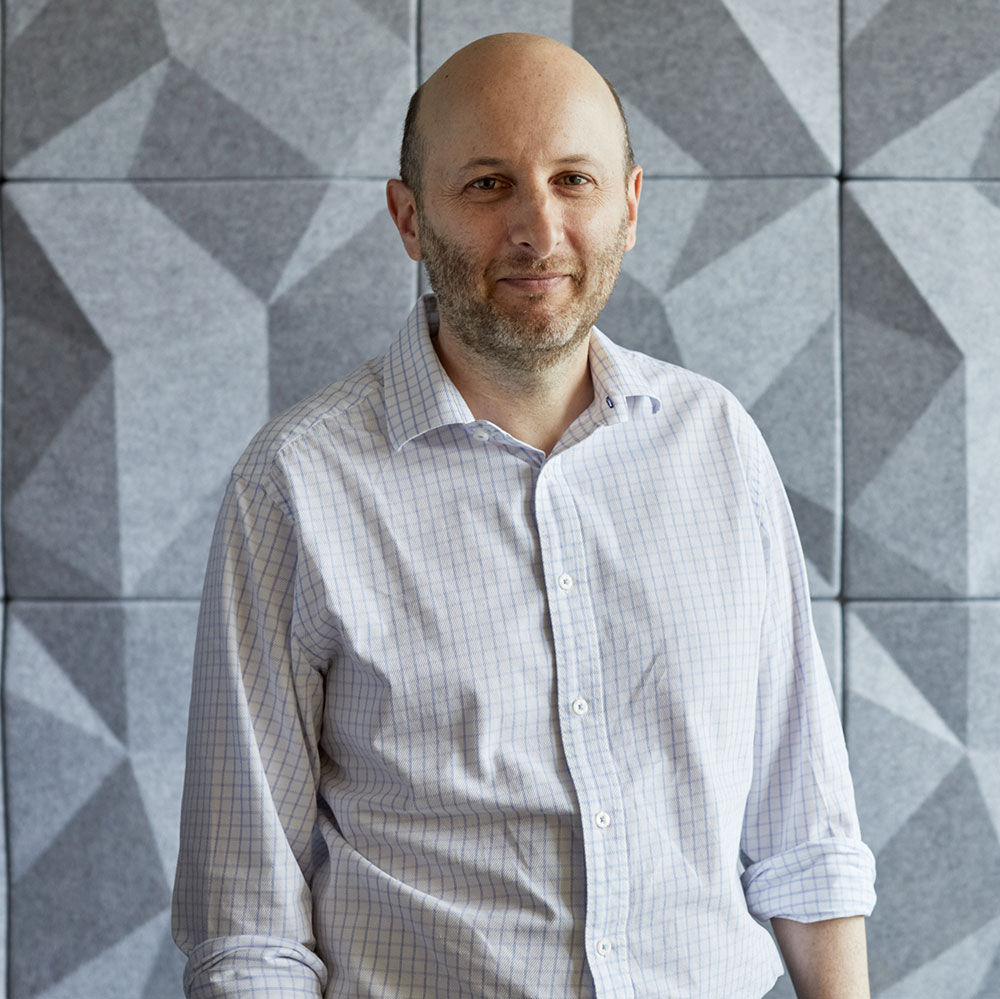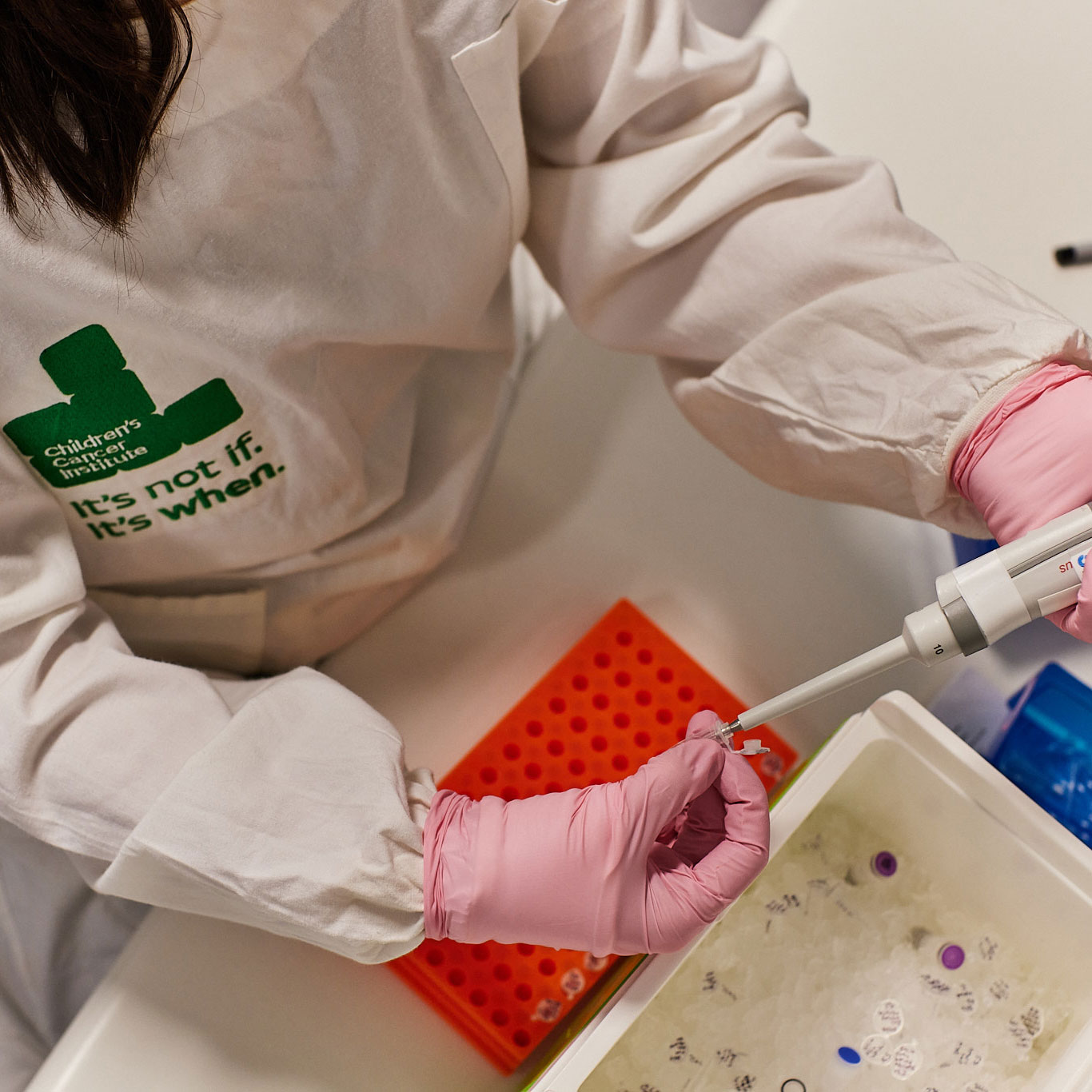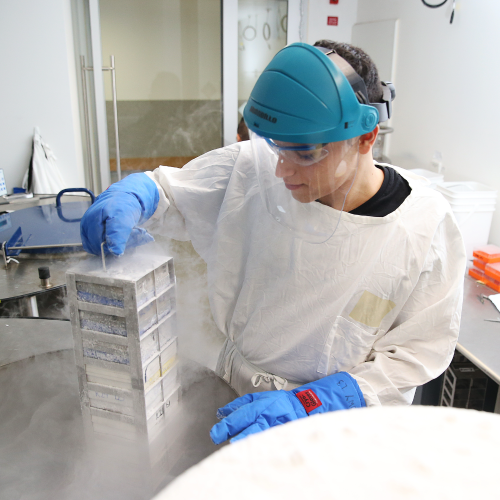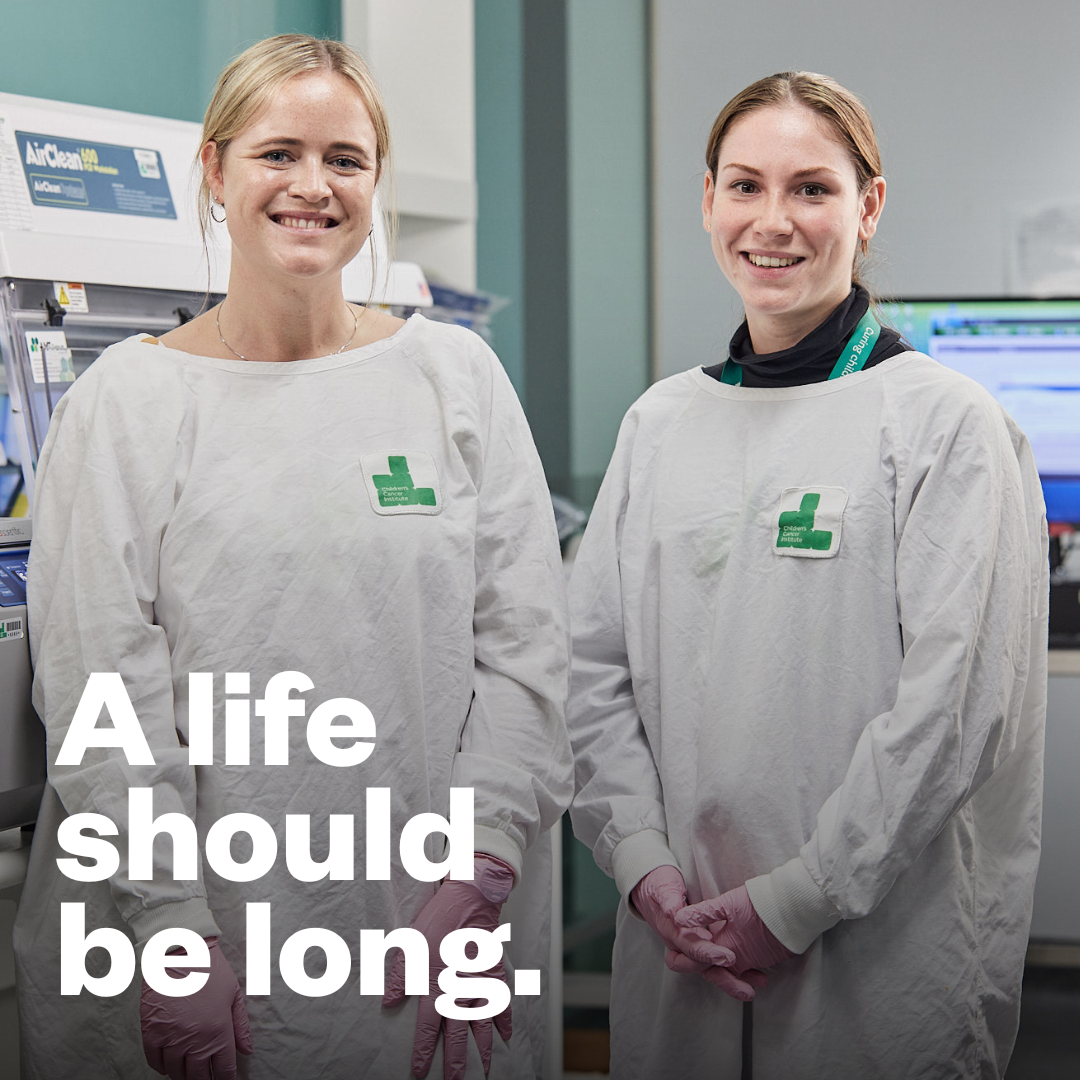September is Childhood Cancer Awareness Month. What better time to reflect on our most ambitious undertaking yet, the Zero Childhood Cancer Program, and take stock of just how much has been achieved so far.
Revolutionising treatment
Back in 2015, Children’s Cancer Institute and the Kids Cancer Centre at Sydney Children’s Hospital embarked on the most exciting childhood cancer research initiative ever undertaken in Australia − the Zero Childhood Cancer national child cancer personalised medicine program (ZERO).
“Zero Childhood Cancer is the only program of its kind to run in Australia. But more than that, it is one of the leading and most comprehensive personalised medicine program for children with cancer in the world”, says Professor Michelle Haber AM, Executive Director of Children’s Cancer Institute.
ZERO is special in many respects. It is not simply another childhood cancer research program, although it certainly involves groundbreaking research. It is not just another clinical trial in children with cancer, although it is certainly saving lives. It is both, and much more. It is actually changing the ‘model of care’ for children with cancer – the way that children with cancer are treated.
Saving lives
ZERO was launched in the recognition that, to save more lives, we need to personalise treatment. The current model of care rests largely on treating a child based on the type of cancer they have. But we know from our many years of medical research that, in reality, every child’s cancer is unique. The way forward is to tailor treatment to the individual.
Through ZERO, we have proven that molecular analysis of a child’s tumour − identifying what is driving their cancer’s growth at the molecular level − can provide the information that’s needed to personalise treatment. Close to 400 children have been enrolled in the ZERO national clinical trial, which began in 2017, and results are looking optimistic.
‘Given that these children had been given a less than 30% chance of survival, the are remarkable results and exceed all our expectations,’ says Professor Haber. ‘We are seeing children alive today who simply wouldn’t be, were it not for Zero Childhood Cancer.’
Advancing knowledge
ZERO is not only having an extraordinary impact in terms of clinical outcomes, it is making an important contribution to science’s understanding of childhood cancer. The tumour analysis being done for each child taking part in ZERO is generating huge amounts of data that have never been available before. We are gaining unprecedented insights into childhood cancer that stand to benefit all children with cancer in the future − not just in Australia, but worldwide.
For example, through ZERO, we’ve identified new therapies for cancers that haven’t seen new treatment options or advances in survival rates for decades. More than 20 new clinical trials for children with cancer have opened as a direct or indirect result of ZERO, and these trials will generate important findings of their own.
Perhaps most exciting of all is that we’ve been able to identify genetic changes likely to have led to a child’s cancer (cancer predisposition) in a significant proportion of tumour samples. This knowledge will help us predict an individual child’s susceptibility to cancer in the future, and may one day make it possible to prevent cancer in some children.
A global player
In recognition of its contribution to global childhood cancer research, ZERO was also only one of six programs to be included in a 2019 review of the top international precision medicine programs published in the leading cancer journal, Nature Reviews Cancer.
This was followed by an invitation in June 2020 from the President of the American Association of Cancer Research (AACR) to Professor Haber, to present on behalf of the ZERO team at the AACR Annual Meeting 2020, the world’s largest meeting of cancer researchers.
"Being asked to present at the AACR Presidential Select Symposium is a great honour", Professor Haber explains. “This is a once-in-a-lifetime invitation, and is true acknowledgement of the significance of the Program and the impact it’s having on children with cancer.”
Next week we will report on the future of ZERO. Stay tuned!



